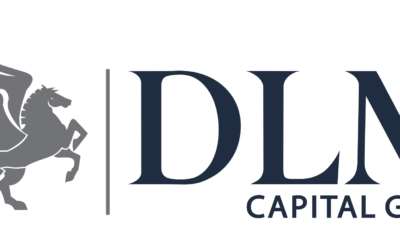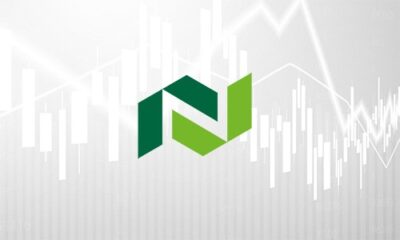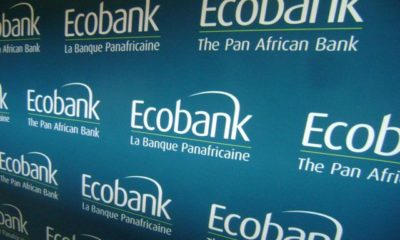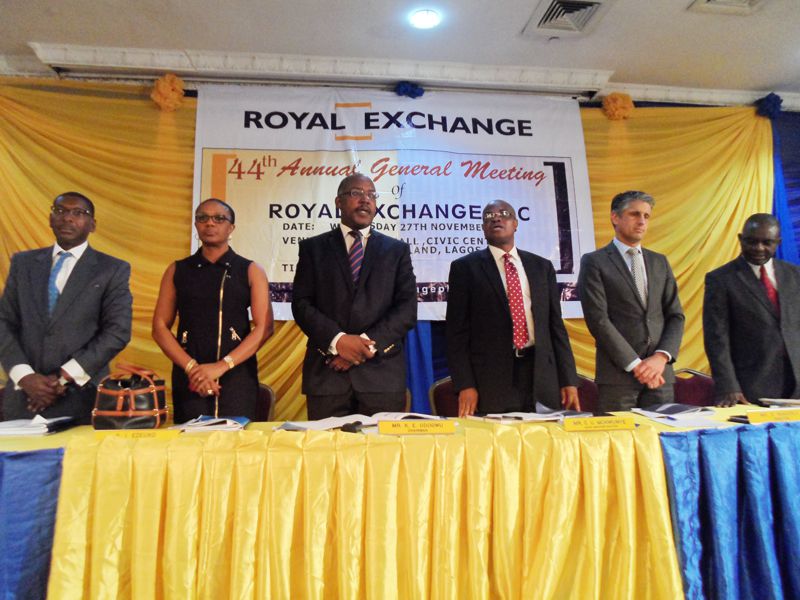Cross-border trading from one African securities exchange to another comes a step closer today after the African Securities Exchanges Association (ASEA) signed a contract to procure an order-routing system. Seven of Africa’s leading securities Exchanges are working together in the African Exchanges Linkage Project (AELP) to boost pan-African investment flows and bring more liquidity to African markets.
The contract is for the design and rollout of the AELP Link technology platform for routing orders and trade confirmations between stockbrokers on the seven Exchanges participating in the pilot phase of the AELP. The Supplier is DirectFN, a global IT firm experienced in capital markets solutions across the Middle East and many emerging and frontier markets, which was awarded the contract after a competitive bidding process that attracted applications from top international suppliers in 18 countries.
The AELP is a joint initiative by ASEA and the African Development Bank (AfDB) aimed at unlocking Pan-African investment flows, promoting innovations that support diversification for investors, and addressing depth and liquidity in the markets. It is funded by a grant from the Korea-Africa Economic Cooperation (KOAFEC) Trust Fund managed by the African Development Bank.
Speaking on the development, Mr. Temi Popoola, Chief Executive Officer, Nigerian Exchange (NGX) Limited, said: “At NGX, we are optimistic that today’s milestone will further hasten efforts at capital market integration across Africa. The work of the AELP is significant, as it will serve to ultimately boost Pan-African investment flows, promote innovations that support the diversification needs of investors in Africa, and help address the lack of depth and liquidity in Africa’s financial markets. We, therefore, take this opportunity to commend the efforts of ASEA and AfDB, and reiterate our continuing support of the AELP.”
With the AELP Link, investor orders in one market will be channeled by a domestic stockbroker to a stockbroker on the foreign market where the security is listed, to enter into that market for execution in the foreign market. African Listed Securities to be accessed through the AELP Link include all securities that are available for cross-border investors.
Equity investments available include Africa’s most promising and profitable businesses as well as some global leaders among more than 1,050 companies listed. Investors will also buy or sell corporate and government bonds, Exchange Traded Funds (ETFs), and derivatives where these are listed on the participating exchanges and the sponsoring stockbroker provides access.
Commenting, Dr. Felix Edoh Kossi Amenounvé, President of ASEA and CEO of the BRVM, said: “We are excited with this big step towards free movement of investments across Africa and free flow of capital. Our aim is to open new opportunities for individual and institutional investors to invest productively into Africa’s growth story. The Exchanges continue to support African enterprises and governments to raise long-term capital for African jobs, business growth, infrastructure, and development.”
Dr. Walid Al Ballaa, the Managing Director, of DirectFN, said: “With innovative technology and focus to bring digital maturity in building digital relationships through the AELP-Link technology platform establishment, DirectFN feels equally excited to assist practically in realizing the goals across the participating African Exchanges and to enable the African capital market ecosystem digitally to create a positive impact on the overall economy.”
The AELP exchanges are Nigerian Exchange (NGX), Casablanca Stock Exchange, The Egyptian Exchange, Johannesburg Stock Exchange, Nairobi Securities Exchange, Stock Exchange of Mauritius and Bourse Régionale des Valeurs Mobilières (stock exchange for the West African Economic and Monetary Union’s eight West African countries).


 Forex3 weeks ago
Forex3 weeks ago


 Naira2 weeks ago
Naira2 weeks ago
 Billionaire Watch2 weeks ago
Billionaire Watch2 weeks ago




 Naira2 weeks ago
Naira2 weeks ago




 Naira4 weeks ago
Naira4 weeks ago




 Naira2 weeks ago
Naira2 weeks ago


 Naira7 days ago
Naira7 days ago
 Banking Sector4 weeks ago
Banking Sector4 weeks ago




















